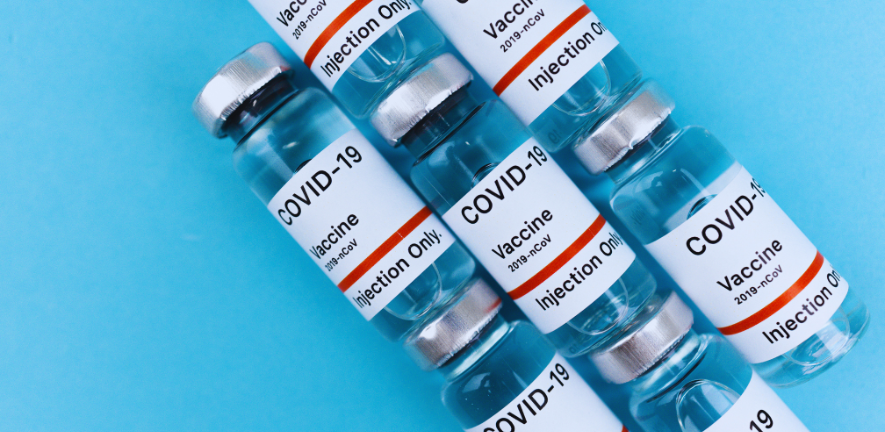
Submitted by Livia Harriman on Thu, 03/07/2025 - 10:43
Spoiler: It’s complicated—but we're getting closer.
A new study published in NPJ Vaccines by the Liston-Dooley Group took a deep dive into how solid organ transplant (SOT) recipients respond to COVID-19 mRNA vaccines—and what their immune systems might be telling us before they even get the shot.
Why this matters:
People who’ve had a kidney or lung transplant often have weakened immune systems due to immunosuppressive medications. This makes vaccines less effective for them, which is a serious concern during pandemics like COVID-19.
What the researchers did:
They studied 90 transplant patients, analysing their immune systems before vaccination using advanced techniques like flow cytometry and machine learning. All participants received three doses of the Pfizer mRNA vaccine. The team then tracked who produced antibodies and who didn’t.
What they found:
-
About one in four patients developed a strong antibody response after three doses.
-
Patients with more activated B cells (the ones that produce antibodies) and certain innate immune cells tended to respond better.
-
Interestingly, a strong T cell signature at baseline was linked to a poorer vaccine response.
-
Some patients showed a detectable response even after just two doses, associated with a different set of B cells.
Bonus insight:
By using machine learning, the researchers were able to predict vaccine success based on pre-vaccine immune profiles with up to 95% accuracy. This opens the door to personalised vaccination strategies for immunocompromised patients.
Bottom line:
Not all transplant patients respond uniformly to COVID-19 vaccines. Their baseline immune state can influence the outcome, and this research brings us one step closer to identifying who might need extra protection or tailored vaccine schedules.
Read the article here: https://www.nature.com/articles/s41541-025-01182-1

